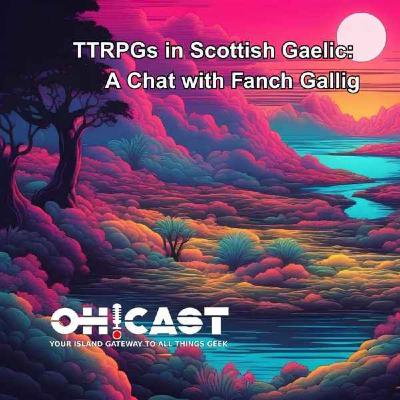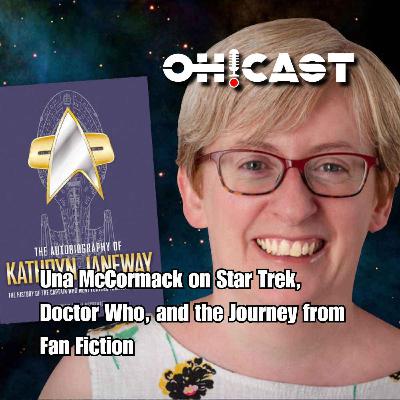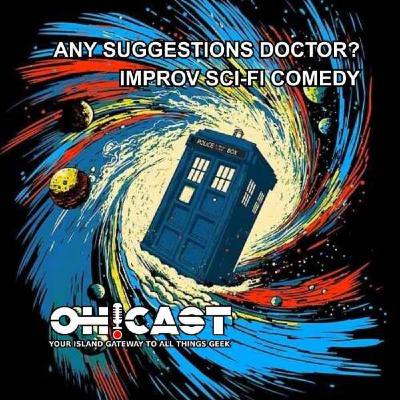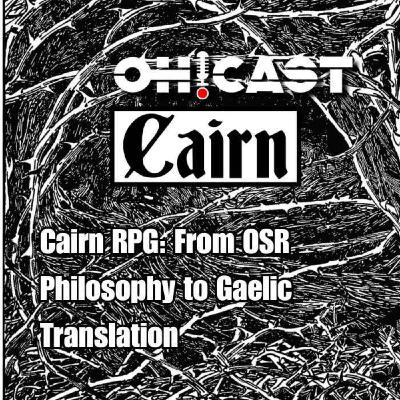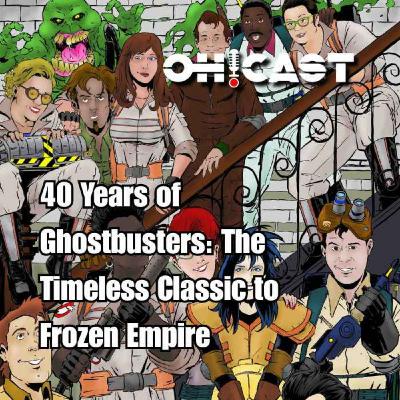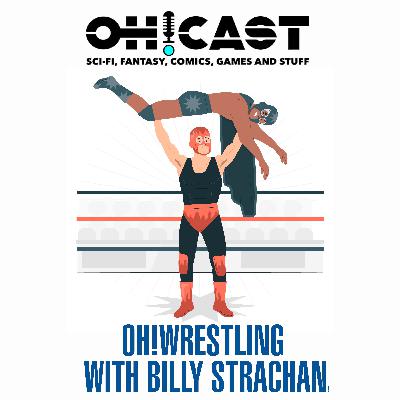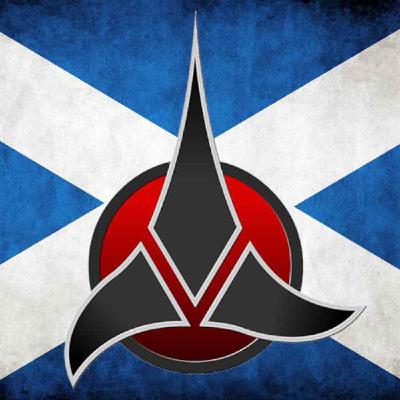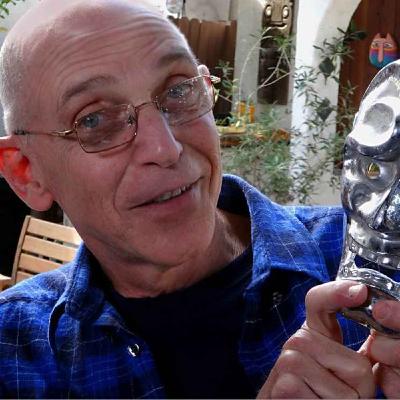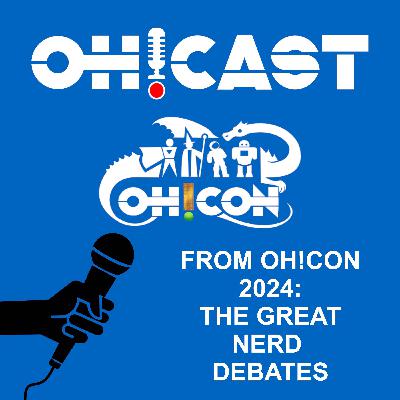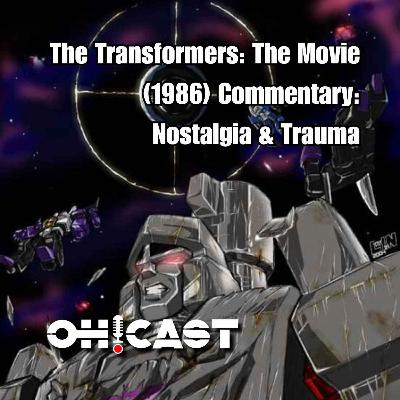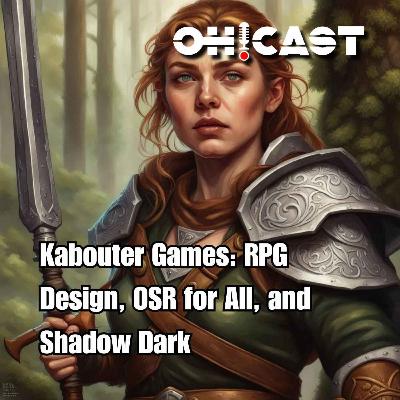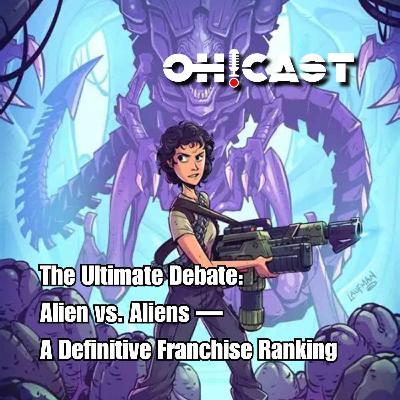TTRPGs in Scottish Gaelic: A Chat with Fanch Gallig, Translator of 'Cairn' - OH!CAST
Description
The Breton Roots of Gaelic Fantasy Translation
Host Callum welcomes Fanch back to the podcast. Fanch, a Breton native, discusses his lifelong passion for fantasy and Celtic languages. He explains his Breton heritage. This heritage naturally connected him to the folklore of King Arthur and the Knights of the Round Table. In addition, this directly influenced his love for modern fantasy like Lord of the Rings and Star Wars. We focus on his work on Gaelic Fantasy Translation and language reclamation. Fanch, a self-proclaimed language nerd, also delves into his personal journey. For example, he learned multiple Celtic languages. These include Irish, Scottish Gaelic, and even the Doric dialect of Scots. This interest in linguistics leads to a fascinating discussion. They talk about T.R.R. Tolkien, a philologist. Indeed, he famously created his epic fantasy world only after first inventing the languages to populate it.
The Cairn RPG and Translation Method
Fanch details the genesis of his Gaelic Fantasy Translation work. Specifically, this began when he translated the role-playing game (RPG) Cairn into Gaelic for OH!CON. That is the Outer Hebrides Comic Con. He explains that translating the game involved more than simple word-for-word substitution. He had to think in the language. Consequently, he could not just use what the English jargon says. This helped complex terms like "constitution saving throw" make sense to a native Gaelic speaker. He highlights the final published version. In fact, many readers assumed it was the original text. This was a testament to its successful translation.
Reclaiming Gaelic as a High-Level Language
The discussion moves to Fanch’s new project: a published Glossary of Fantasy Terms for the Gaelic language. He emphasizes that this dictionary wasn't created out of necessity. However, Gaelic already possesses the vocabulary for battles, weapons, and monsters. Specifically, this was built through centuries of oral warrior and bardic traditions. Instead, the book reclaims and collects these existing words. This offers players everything needed to run a complex RPG campaign entirely in Gaelic.
The project is part of a larger theme: language reclamation. Therefore, it restores Gaelic to its historical position as a language of high culture, law, and power. This counters the common view that it was only ever a language of the croft. Finally, Fanch draws parallels to the recent surge of popularity in Ukrainian language RPGs. He shows how tragic events can sometimes galvanize a culture to value their native tongue. In other words, they integrate it into modern pop culture.
Hosted on Acast. See acast.com/privacy for more information.

